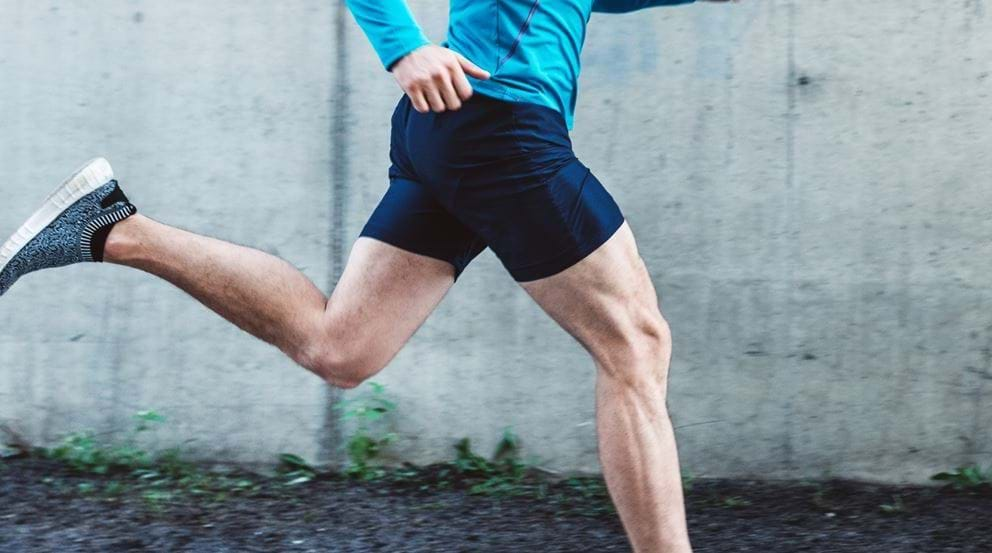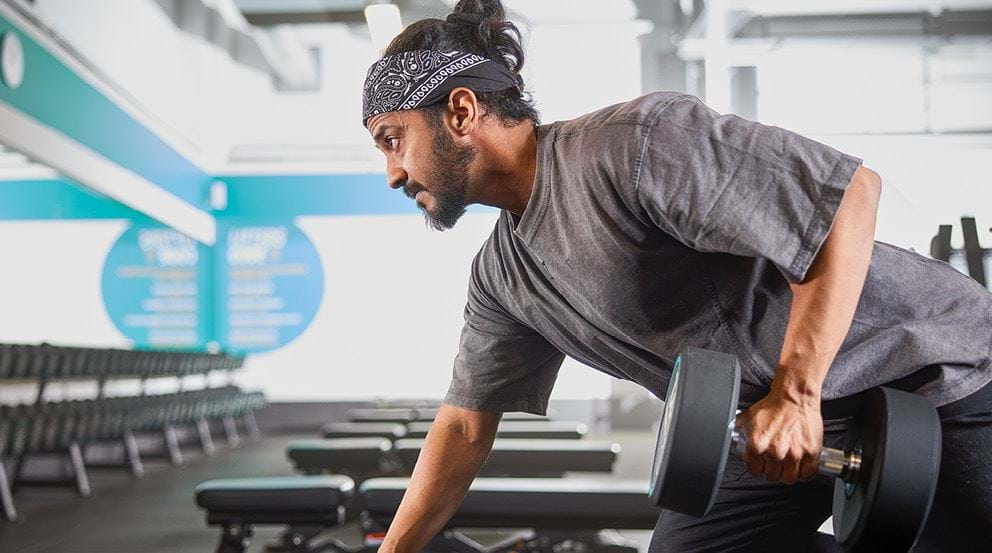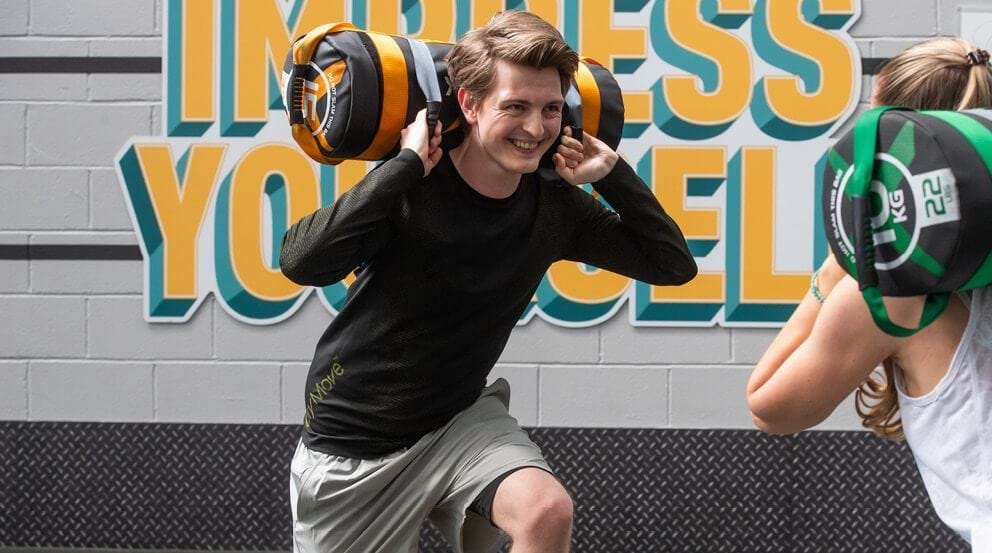Running Knee Pain: Your Questions Answered

Running is like marmite -- you either love it, or you hate it. If you enjoy running, it is an amazing way to build cardiovascular endurance, strengthen your heart, bones, and muscles, boost mood, improve sleep, burn calories, and reduce risk of chronic diseases.
Unfortunately, running (like all exercise) isn't without its risks, and regular runners may sometimes find themselves struggling with ailments like knee pain.
Here, TriClub run coach and PureGym Loughborough based personal trainer Ian Scarrott answers common questions on running knee pain and how to overcome it.
Is Running Bad For Your Knees?
Running has a bad reputation for being bad for knees, and it is understandable why people might think this. It's a high impact activity that relies on the knees (as well as ankles and hips) to absorb the shock of each step.
Despite this, studies have shown that running can strengthen your joints and help to prevent osteoarthritis and is not associated with increased knee pain.
That's not to say running can't be bad for your knees. Certain factors like existing injuries, poor running gait, unsuitable shoes, muscular imbalances, and going above your usual intensity without proper training, can all influence whether running aggravates your knees or not.
What Are The Common Causes Of Knee Pain When Running?
Running utilises almost every muscle in the body, and poor mechanics or imbalances in almost any part of the body can lead to knee pain. Weak quads are commonly touted as the main cause of knee pain, but it could equally be caused by tight or weak calves, back muscles, glutes, core, hip flexors, or hamstrings, or an imbalance between different muscle groups. Poor running form, overtraining, and even wearing incorrect shoes can also lead to knee pain.
If you sit down for long periods of time each day, you most likely have weak and tight hip flexors, hamstrings, and glutes so they can be a good place to start -- check out 6 of the best stretches for tight hamstrings here. Getting your running gait analysed to make sure you're wearing the right shoes can also be an easy win.
What To Do If My Knees Are Sore After Running?
Rest and ice are both helpful in dealing with knee pain from running in the short run, but to prevent the pain from coming back you need to tackle the root of the cause. Speaking with a physiotherapist is a good way to identify the specific cause of your knee pain, so that you can begin to strengthen the relevant muscles.
How Can I Avoid Knee Pain When Running?
One of the best ways to avoid knee pain from running is through strengthening and stretching the muscles involved. You need strong and mobile calves, quads, hamstrings, glutes, and hip flexors to work the legs, and a strong and stable core, back, and shoulders to provide stability and support.
Strength train at least twice a week, introduce mobility exercises before your workouts and runs (like these warm up exercises for runners), and stretch after your runs and workouts. If you're not sure where to begin in the gym, working with a Personal Trainer is a great place to start. Attending strength and conditioning classes like Legs, Bums and Tums or Pump can also be a great way to begin!
Check out our weight training for beginners blog here for more advice on how to begin strength training.

What Should I Do If I Start Experiencing Knee Pain While Running?
If you experience a sharp and sudden pain in your knees while running, stop running immediately, walk home, and then rest. You can also experiment with ice, heat, and gentle movement to help ease discomfort. If the pain doesn't reside, I recommend seeing a physiotherapist as a sharp pain could be a sign of a more serious injury.
If you experience a gradual onset of knee pain while running, it's okay to continue training as long as the pain is under 5/10 (with 1 being no pain and 10 being the most pain you can imagine). Reduce the intensity (either speed or distance) to ensure pain remains under this level. Gradual knee pain is most likely due to muscular imbalances, so you'll want to speak to a physiotherapist, qualified run coach, or a PT with rehab experience, to understand what imbalance there is and how to tackle it.
What's The Best Treatment For Running-Related Knee Injuries And Pain
In the short term, rest or reducing the intensity or distance of your runs can help with knee pain, but the best treatment is to identify the cause and eliminate this. The exact nature of this will vary but it typically falls into either improving strength, flexibility, or run form. Working with a physiotherapist or coach is the quickest way to understand your specific needs and target them.
Should I Run If I Suffer From Arthritis In My Knees?
You may think running is off the cards if you suffer with arthritis, but that doesn't have to be the case. With proper form, kit, and strengthening, running can be safe for people with arthritis. The Arthritis Foundation has more advice on this here.
Ready to run pain-free? Make sure you check out our answers to more running questions here, and find your nearest gym here so you can start training.


